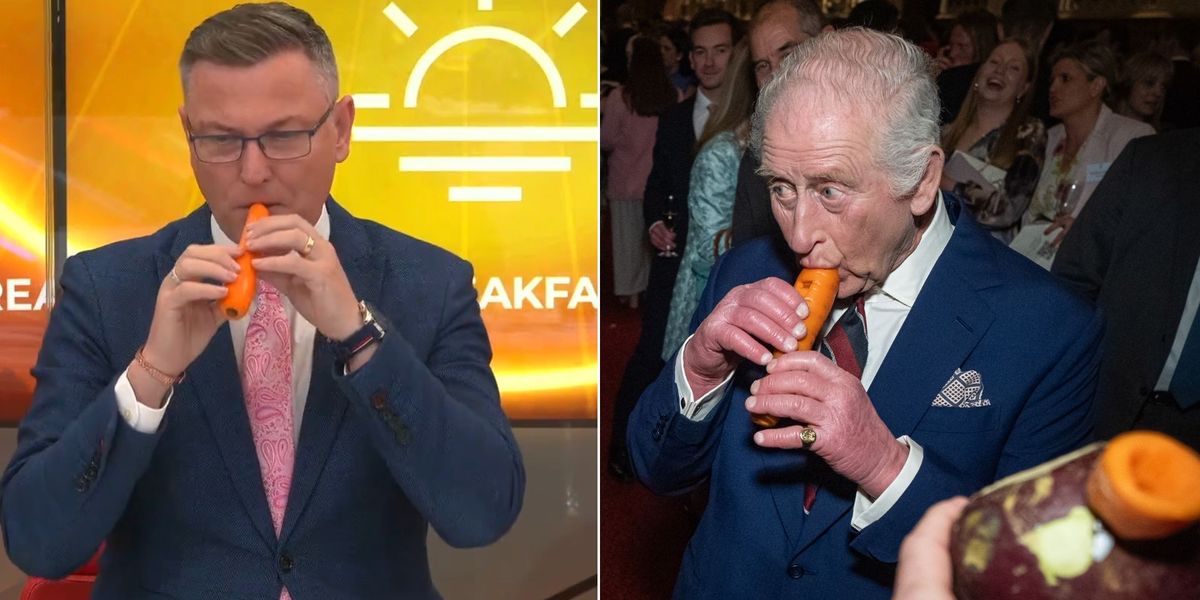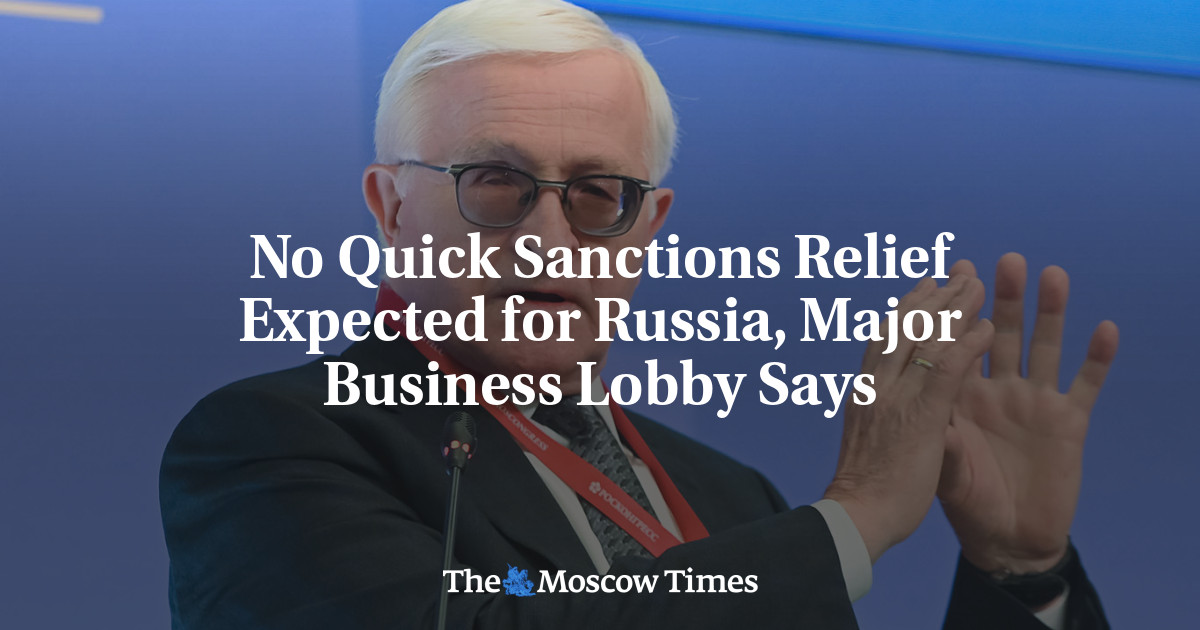Russia's army is deepening its military cooperation with Mali, Russian Foreign Minister Sergei Lavrov said Thursday, as the foreign ministers from Mali, Burkina Faso and Niger visited Moscow.
"Defense cooperation is developing intensively: our servicemen are actively cooperating with Mali's military and personnel training is being carried out," Lavrov told Malian Foreign Minister Abdoulaye Diop.
Moscow is hosting foreign ministers from the three Sahel nations amid a broader push to expand its influence in Africa. The countries are led by military juntas that seized power in coups between 2020 and 2023.
Since those coups, Mali, Burkina Faso and Niger have distanced themselves from former colonial power France and moved closer to Russia, which has sent mercenaries to help them fight a jihadist insurgency.
At the start of the year, the three countries withdrew from the Economic Community of West African States (ECOWAS), accusing the bloc of being subservient to France, and formed the Alliance of Sahel States (AES). Originally established as a defense pact in 2023, the AES now seeks closer political and economic integration.
They quit the Economic Community of West African States (ECOWAS) at the beginning of the year, accusing the regional bloc of being subservient to France, and have formed the Alliance of Sahel States (AES), originally set up as a defence pact in 2023 but which now seeks closer integration.
The group is in Moscow for a summit with Lavrov, which the Russian foreign minister called a step toward "strengthening the whole suite of our relations."
Diop praised Mali's cooperation with Russia and announced that Malian President Assimi Goita would visit Moscow in June. Niger's Foreign Minister Bakary Yaou Sangare described the summit as a "historic event."
A Message from The Moscow Times:
Dear readers,
We are facing unprecedented challenges. Russia's Prosecutor General's Office has designated The Moscow Times as an "undesirable" organization, criminalizing our work and putting our staff at risk of prosecution. This follows our earlier unjust labeling as a "foreign agent."
These actions are direct attempts to silence independent journalism in Russia. The authorities claim our work "discredits the decisions of the Russian leadership." We see things differently: we strive to provide accurate, unbiased reporting on Russia.
We, the journalists of The Moscow Times, refuse to be silenced. But to continue our work, we need your help.
Your support, no matter how small, makes a world of difference. If you can, please support us monthly starting from just $2. It's quick to set up, and every contribution makes a significant impact.
By supporting The Moscow Times, you're defending open, independent journalism in the face of repression. Thank you for standing with us.
Continue
![]()
Not ready to support today?
Remind me later.

 By The Moscow Times | Created at 2025-04-03 14:00:27 | Updated at 2025-04-04 08:40:51
18 hours ago
By The Moscow Times | Created at 2025-04-03 14:00:27 | Updated at 2025-04-04 08:40:51
18 hours ago








